Great movements often start in coffee shops.
Vaclav Havel famously met
with his fellow Czech dissidents
in the Cafe Slavia across from
the National Theatre in Prague.
My expatriate American friends,
Donna and Kendra,
newly arrived in Turkey,
had decided to organize a VDay event
with both expatriate and Turkish women.
They decided to produce the play
"The Vagina Monologues"
in Istanbul.
They decided to produce the play
"The Vagina Monologues"
in Istanbul.
Auditions were over.
Our first rehearsal
was at an Istanbul coffee shop.
was at an Istanbul coffee shop.
We shyly came together,
that day in February.
I was struck by the beauty of the women there.
Each one wanted to help other women
through her own personal participation
in Eve Ensler's famous play.
I had heard about the "Vagina Monologues" for years
and finally saw them in Madison, Wisconsin.
Eve Ensler, the writer of the play, wants to end
the great global silence
about the ongoing epidemic of violence
perpetrated against women and girls
around the world.
The play represents the experiences of women
all around the globe,
most notably, women in the Congo.
Each year, a new monologue is added
reflecting the news of the day.
I wish that wasn't necessary.
Eve Ensler, the writer of the play, wants to end
the great global silence
about the ongoing epidemic of violence
perpetrated against women and girls
around the world.
The play represents the experiences of women
all around the globe,
most notably, women in the Congo.
Each year, a new monologue is added
reflecting the news of the day.
I wish that wasn't necessary.
I didn't know about performing a play
like this in a conservative country,
but I took faith from the courage of our
producer/directors and the other women present.
I have no interest in acting.
I don't have that bug at all.
But I do want to support
everything Eve Ensler does.
Her life's mission is
to wipe out violence against women worldwide.
Yes, I know.
You probably think she's crazy.
Yet the impossible happens every day.
Do you think Vaclav Havel and his Czech friends
believed the Berlin wall would eventually fall?
the NACCP expected they would be so wildly successful
in seeking change that less than 100 years later
there's a black man in the White House?
I am not sure they would have dreamed it.
They just started with the first step.
Can't you just imagine how
hopeless those situations
looked at the time?
I wonder what it will be like for women
100 years from now if all of us just take that first step
toward ending the culture of violence.
VDay believes the reason for the global silence
about what women are experiencing is
the indifference of authorities worldwide,
the instinct of denial within families,
and the lack of public outrage
about the violence
that millions of women experience every day.
But on this first day,
it was just interesting to learn about the play
and to meet the other women.
Kendra, one of our producer/directors
listening intently to a first reading.
V-Day dreams of a world in which
women and girls will be free to thrive,
rather than merely survive.

























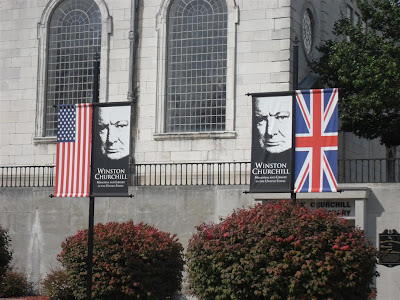


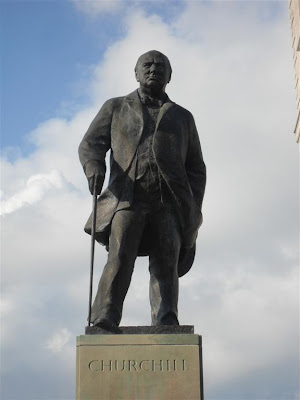

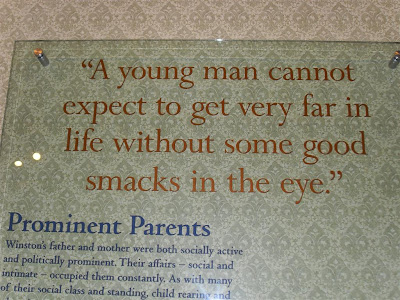
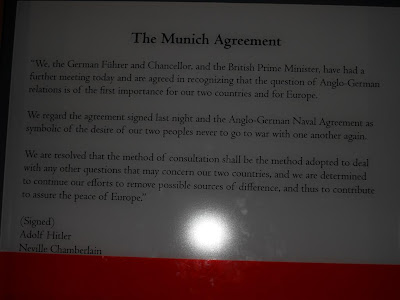


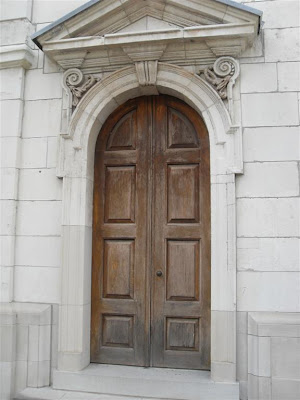
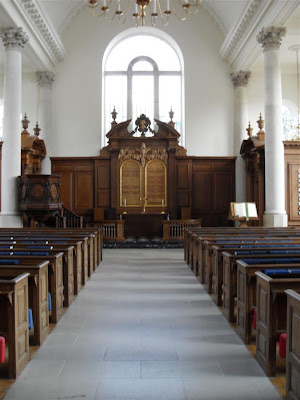
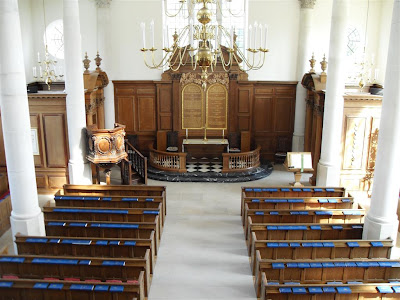
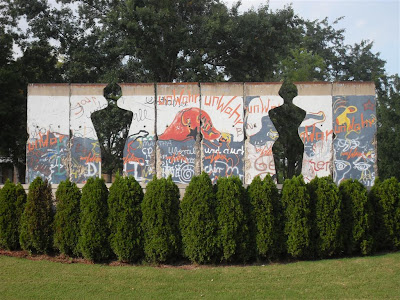
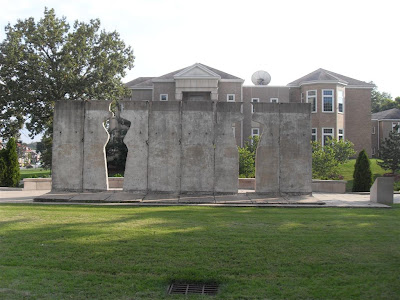











 Who links to me?
Who links to me?
